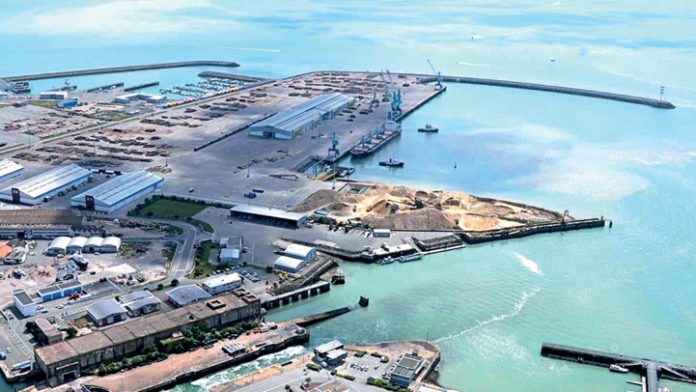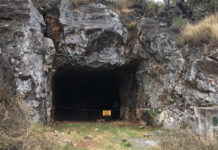Morocco’s exports of goods and services are projected to rise by 7.7% in volume in 2025, following an anticipated 7.9% increase in 2024, according to the latest forecasts from the High Commission for Planning (HCP). This outlook reflects a sustained demand for Moroccan products in international markets, particularly in key sectors such as automotive and aerospace, which experienced strong growth in 2024 and are expected to maintain their upward trajectory in the coming year.
Phosphate exports and their derivatives also saw significant growth in 2024, fueled by strong demand from major trading partners. However, this sector is likely to experience slower growth in 2025, due to the base effect.
In contrast, the textile industry is expected to face moderate growth, hindered by weak international demand and stiff competition in global markets. The sector continues to grapple with challenges that limit its expansion potential despite ongoing efforts to enhance competitiveness.
On a positive note, the agriculture and agri-food sectors, which showed moderate export growth in 2024, are expected to benefit from a recovery in agricultural production in 2025, leading to an increase in exportable supply.
Overall, the volume of goods exports is forecast to grow by 7.4% in 2025, slightly lower than the estimated 7.6% increase in 2024, reflecting stable yet moderated growth across key sectors.
Meanwhile, the volume of imports of goods and services is projected to rise by 7.9% in 2025, a significant slowdown compared to the 11.1% increase recorded in 2024. Despite this deceleration, the demand for imports remains robust, driven by domestic consumption and industrial needs.
As a result, net external demand’s contribution to economic growth is expected to remain negative at -0.8 percentage points in 2025, an improvement compared to the -2.3 points recorded in 2024, highlighting the persistent trade balance challenges facing the Moroccan economy.
With these projections, Morocco’s trade landscape is set for steady expansion, albeit with challenges in certain sectors, as the country navigates the complexities of global economic fluctuations and competition.





